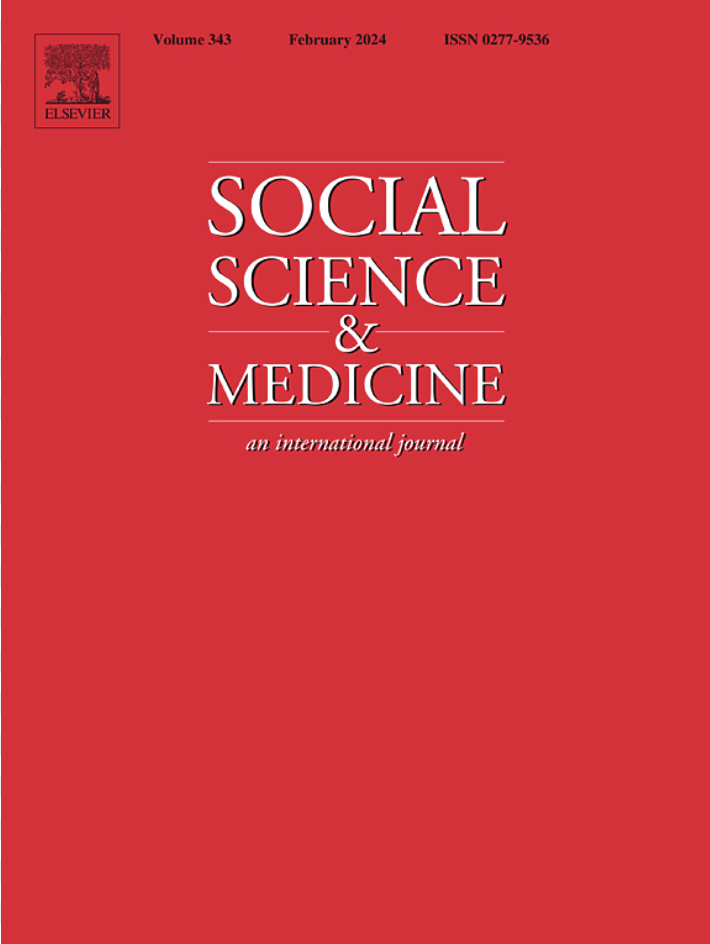Post
Published on February 26, 2024
Dahdaleh Institute members Raphael Aguiar, Roger Keil, and Mary Wiktorowicz published a ground-breaking paper offering a new perspective on AMR governance, leveraging Urban Political Ecology (UPE) as a transformative urban lens to identify under-exposed urban dimensions of AMR and its interconnected threats. In this article, the authors highlight how UPE illuminates the socio-ecological processes driving AMR, framing it within urbanization approaches and unveiling its connections to environmental threats and underlying structural dimensions.
Key Insights:
- Explores how urbanization shapes social, political, and environmental co-determinants of AMR and other Global Health threats;
- Highlights synergies between UPE scholarship and One Health approaches, revealing under-exposed links between AMR and environmental threats;
- Uncovers shared governance pathways for AMR and environmental issues, paving the way for more equitable and sustainable solutions to One Health threats.
Implications:
In mobilizing the urban dimension of Global Health in innovative and productive ways; the paper offers practical insights for policymakers and practitioners. Integrating UPE into AMR governance would foster collaborative, equitable, and effective strategies to tackle global health threats in a systemic manner.
Aguiar, Raphael, Keil, Roger, & Wiktorowicz, Mary (2024). The urban political ecology of antimicrobial resistance: A critical lens on integrative governance. Social Science & Medicine, 116689. https://doi.org/10.1016/j.socscimed.2024.116689
Themes | Global Health & Humanitarianism |
Status | Active |
Related Work |
N/A
|
Updates |
N/A
|
People |
Mary E. Wiktorowicz, Interim Director - Active
Roger Keil, Faculty Fellow, Faculty of Environmental and Urban Change - Active Raphael Aguiar, Postdoctoral Research Fellow, Global Health & Humanitarianism and Planetary Health - Active |
You may also be interested in...
2024 World Health Assembly Recap
Last month, the 2024 World Health Assembly Simulation held their second annual simulation from May 1st to May 3rd at York University. This year's theme of the 2024 WHA SIM was “Toward a One Health ...Read more about this Post
The Wellness Impact Lab (WIL) Celebrates Its Second Year Anniversary With Student Presentations
The Wellness Impact Lab (WIL), co-founded in 2023 by Dr. Harvey Skinner, PhD (Senior Fellow) and Susan Harris, MSW (Community Fellow), is rooted in the mission of “healing ourselves, healing others, healing our world.” Over ...Read more about this Post
Recap – Promoting Global Health Equity Through Improved Access to Medical Countermeasures
On September 27, 2023, Dahdaleh community fellow Emmanuel Musa illustrated the consequences when countries do not have access to medical countermeasures (MCMs) – strategies and tools that can be implemented during a wide range of ...Read more about this Post

